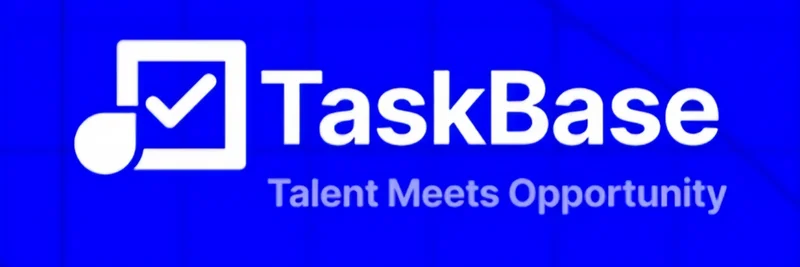Have you ever felt exhausted after bending the truth a little? A recent tweet from @The__Solstice caught my eye, comparing lies to "background processes" or "open database connections" that drain your mental energy. It’s a clever way to think about it, right? Just like a computer slows down with too many open tabs, our brains might struggle when we’re juggling falsehoods. Let’s dive into what science and real-life examples say about this idea.
Why Lies Feel Like Mental Work
The tweet suggests that every lie you tell yourself requires energy to keep it going, and there’s research to back this up. A 2019 study in Nature Communications found that suppressing the truth increases your cognitive load—basically, the mental effort your brain uses. It takes about 20-30% more energy to lie than to tell the truth because you’re not just making something up—you’re also holding back what you know is real. Imagine trying to remember a fake story while making sure it doesn’t slip out of sync with the facts. That’s a workout for your brain!
For example, investigators sometimes use this to their advantage. They might ask someone to recall an event backward (Collabra: Psychology) to increase cognitive load, making it harder for liars to keep their story straight. It’s like adding extra weight to a workout—truth-tellers can handle it, but liars might stumble.
Lies in the Real World
This idea isn’t just theoretical. Take the recent U.S.-Iran ceasefire announcement on June 24, 2025 (NPR). Whether the news is true or shaped by spin, it shows how collective narratives—truths or lies—require energy to maintain. People debate, analyze, and defend their beliefs, which ties into the tweet’s point about "background processes." A Quora thread on power dynamics even suggests that societies run on these energy-draining narratives, whether it’s propaganda or self-deception.
On a personal level, we’ve all seen this. Maybe you’ve told a white lie to avoid hurting someone’s feelings, only to spend the next hour making sure it holds up. That’s your brain running an "open database connection," as the tweet puts it, keeping the lie alive.
What Happens When Lying Becomes a Habit?
Here’s where it gets interesting. A 2021 study in Journal of Neuroscience found that habitual lying can rewire your brain. The prefrontal cortex—the part that handles decision-making and self-control—adapts over time, making it easier to lie with less energy. It’s like training for a mental marathon; the more you practice, the less it wears you out. But this adaptation might come with a cost—studies suggest it can blur the line between truth and fiction, affecting your mental health.
The Takeaway: Truth Might Be Easier
So, what can we learn from this? The tweet’s metaphor is spot-on—lies do act like background processes, quietly sapping your energy. Whether it’s self-deception (like avoiding an uncomfortable truth) or convincing others, the mental effort adds up. Science backs this with evidence of increased cognitive load and brain changes, while real-world events show how lies shape our lives.
Maybe the old saying “honesty is the best policy” has some science behind it. Telling the truth might free up that mental energy for more creative or productive things. What do you think—have you noticed this energy drain from lying? Drop your thoughts below, and let’s keep the conversation going!




